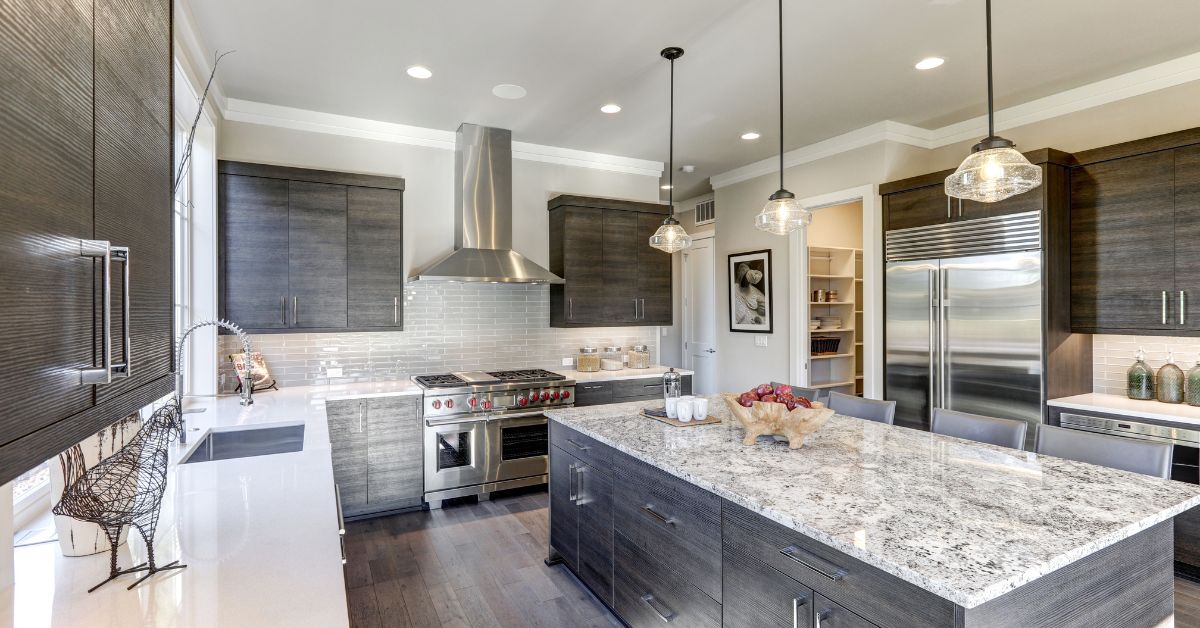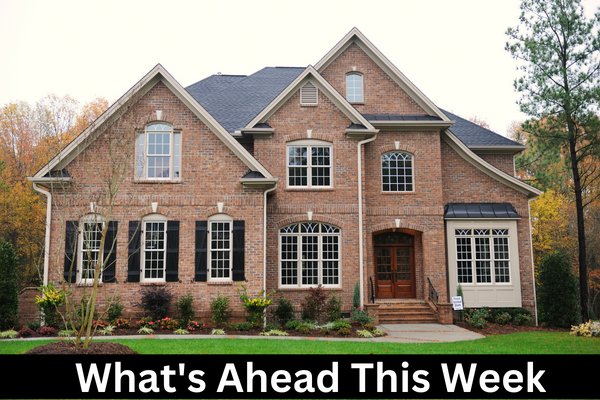 If you are interested in purchasing a house in the near future, you need to pay close attention to your kitchen. The kitchen is considered to be the heart of the home, and you need to make sure the kitchen is laid out appropriately. You need the kitchen to match your expectations, but you also need to pick a kitchen that will help you maximize the value of your home if you decide to sell it down the road. What are a few of the most important examples of kitchen features you need to pay attention to?
If you are interested in purchasing a house in the near future, you need to pay close attention to your kitchen. The kitchen is considered to be the heart of the home, and you need to make sure the kitchen is laid out appropriately. You need the kitchen to match your expectations, but you also need to pick a kitchen that will help you maximize the value of your home if you decide to sell it down the road. What are a few of the most important examples of kitchen features you need to pay attention to?
The Cabinets
Always take a close look at the cabinets. Look at the inside of the cabinets for signs of water damage, and make sure the cabinets are aligned appropriately. If the cabinet doors do not open and close properly, it can be a significant problem when you are trying to cook in the kitchen. Cabinets are often the most expensive part of a kitchen remodel.
The Backsplash
You should also pay close attention to the backsplash. You need the backsplash to completely cover the area between the counters and the cabinets. You do not want the backsplash to be too short. Otherwise, you expose the wall to additional stress when you are cooking.
The Kitchen Island
A kitchen island is often the gold standard when it comes to a kitchen. This additional feature can significantly increase the value of your home, but you need to make sure the island is in the right location. For example, you need the island to be close enough to the workspaces in your kitchen, such as the stove and refrigerator. You also want it to be centered in the kitchen itself.
Think About These Key Kitchen Features
These are just a few of the most important examples of kitchen features that you need to think about when you are interested in purchasing a house. Remember that these features need to match your needs, but you also need to think about how much money you can get for the house if you sell it down the road. Pay close attention to these kitchen features when you are looking for a new house.
 Last week’s economic reporting included readings on home price growth from S&P Case-Shiller and the Federal Housing Finance Administration. Monthly reports on job growth and unemployment were released by the federal government and ADP. Weekly readings on mortgage rates and jobless claims were also released.
Last week’s economic reporting included readings on home price growth from S&P Case-Shiller and the Federal Housing Finance Administration. Monthly reports on job growth and unemployment were released by the federal government and ADP. Weekly readings on mortgage rates and jobless claims were also released.
